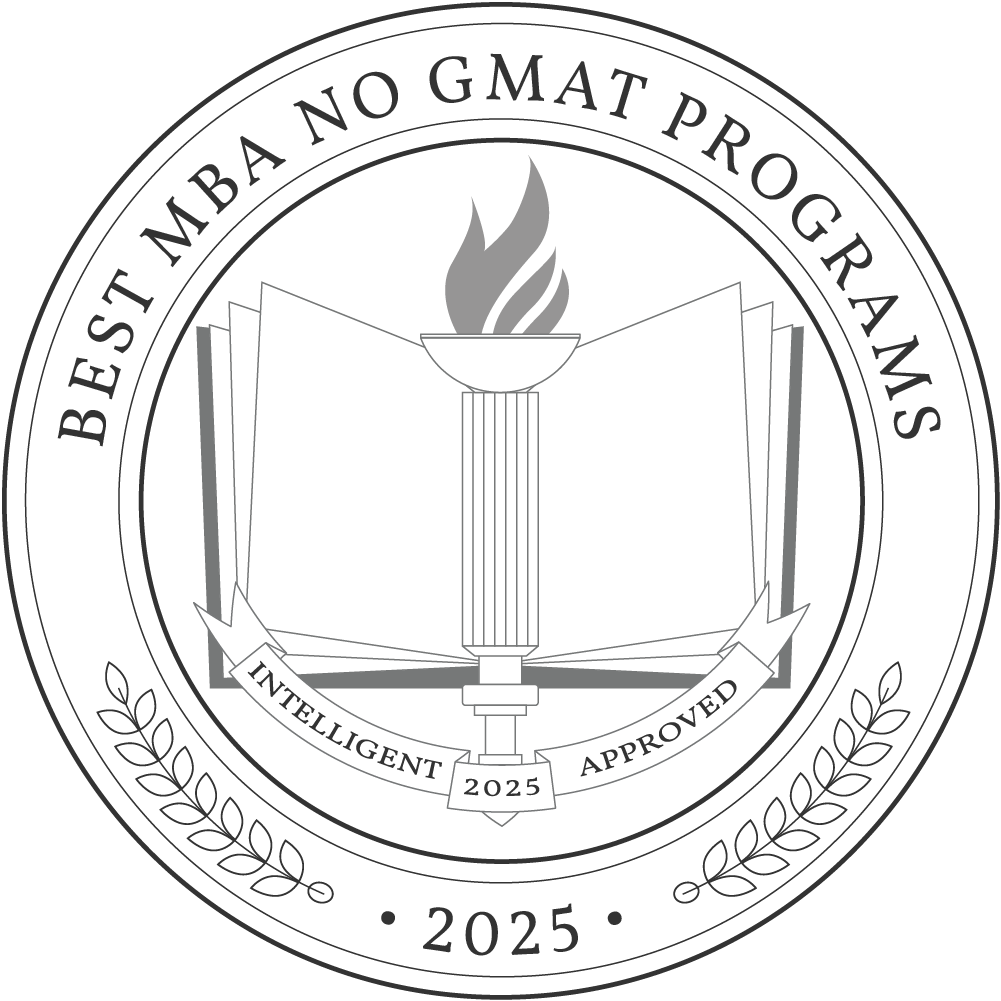Earning a Master of Business Administration (MBA) can help students enter or advance in a number of different business-related fields, including finance, human resources, marketing, and information technology. However, having to take the Graduate Management Admission Test (GMAT) may be a barrier to entry for students considering an MBA. The good news is there are many high-quality MBA programs that don’t require this test for admission.
Many students pursue an MBA to prepare them for management roles. The Bureau of Labor Statistics (BLS) predicts that employment in management positions will increase at a faster-than-average pace through 2032, with an average of 1.1 million new job openings annually during that time. The average median salary for managers across all industries is $107,360. Other jobs that MBA graduates can pursue include management analyst, human resources manager, and financial analyst.
Tuition costs for MBA programs vary. The National Center for Education Statistics (NCES) reports that the average annual tuition for graduate programs during the 2021-22 academic year was $12,596 at public institutions and $29,931 at private non-profit colleges. Completion time also differs, with most MBA degrees taking 1-2 years of full-time study.
Why Trust Us
The Intelligent.com Higher Education Team is dedicated to providing students with independent, equitable school and program rankings and well-researched resources. Our expert-driven articles cover topics related to online colleges and programs, paying for school, and career outlooks. We use data from the U.S. Department of Education’s College Scorecard, the National Center for Education Statistics, and other reputable educational and professional organizations. Our academic advisory team reviews content and verifies accuracy throughout the year for the most current information. Partnerships do not influence rankings or editorial decisions.
- Analyzed over 2,000 national, accredited, and nonprofit colleges and universities
- 800+ rankings pages are reviewed and updated yearly
- Content is informed by reputable sources, surveys, and interviews with academic advisors and other experts
- Over 100 data points are reviewed for accuracy and quality throughout the year, including sources
How we rank schools
Our list features the best MBA No GMAT degree programs at top colleges nationwide. Each school featured is a nonprofit, accredited institution — either public or private — with a high standard of academic quality for post-secondary institutions.
We evaluated each school’s program on tuition costs, admission, retention and graduation rates, faculty, reputation, and the student resources provided for online students. We collected data from trusted sources like the National Center for Education Statistics, individual school and program websites, school admissions counselors, and other data sources. Then, we calculated the Intelligent Score on a scale of 0 to 100 based on the following criterion:
Academic Quality:
- Admission rate versus enrollment rate
- Retention rate of students who return after year one
- Accreditation status (regional and programmatic)
- Nonprofit status, both private and public institutions
Graduation Rate
- Overall graduation rate
- Total number of currently enrolled students, including diversity metrics
- Student-to-faculty ratio
Cost and ROI
- In-state and out-of-state per-credit tuition rates and fees
- Required credits to graduate
- Earning potential after graduation
- Availability of federal student loans, scholarships, and other financial aid options
Student Resources
- Available student services for online-only and hybrid programs
- On-campus amenities like tutoring centers and the number of libraries
Read more about our ranking methodology.
Best 21 Accredited MBA (No GMAT) Degree Programs
FiltersInstitution Type
Status
- Intelligent Score
- Alphabetically By University Name
- Acceptance Rate
- Enrollment
- In-state Graduate Tuition
- Out-of-state Graduate Tuition
- In-state Undergraduate Tuition
- Out-of-state Undergraduate Tuition

University of California, Los Angeles
Intelligent Score: 98.11In-state: $11,442
Out-of-state: $41,196
In-state: $11,442
Out-of-state: $11,442
SAT: 1310-1530
ACT: 30-35
$1,740
On-Campus, Hybrid
Association to Advance Collegiate Schools of Business
80

MSU Broad College of Business
Intelligent Score: 95.44In-state: $5,654
Out-of-state: $25,087
In-state: $5,089
Out-of-state: $5,089
SAT: 1090-1320
ACT: 21-28
$1,978
On-Campus
Association to Advance Collegiate Schools of Business
45

William & Mary School of Business
Intelligent Score: 94.07In-state: $17,168
Out-of-state: $40,089
In-state: $10,516
Out-of-state: $10,516
SAT: 1300-1490
ACT: 30-34
Resident: $1,568
Non-Resident: $2,061
On-Campus
Association to Advance Collegiate Schools of Business
48-59
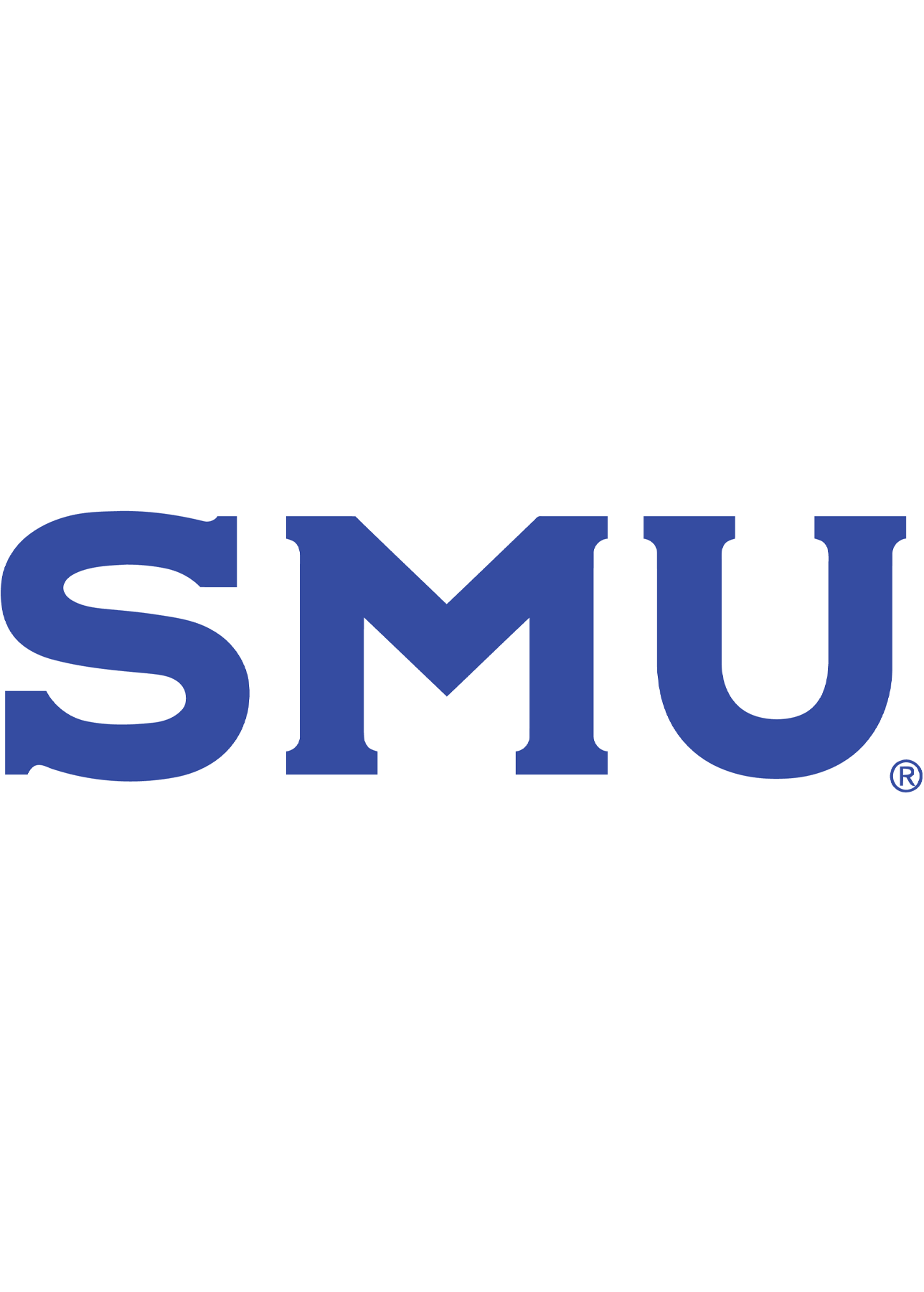
Southern Methodist University
Intelligent Score: 93.82In-state: $51,958
Out-of-state: $51,958
In-state: $40,896
Out-of-state: $40,896
SAT: 1250-1450
ACT: 29-33
$2,094
On-Campus
Association to Advance Collegiate Schools of Business
53
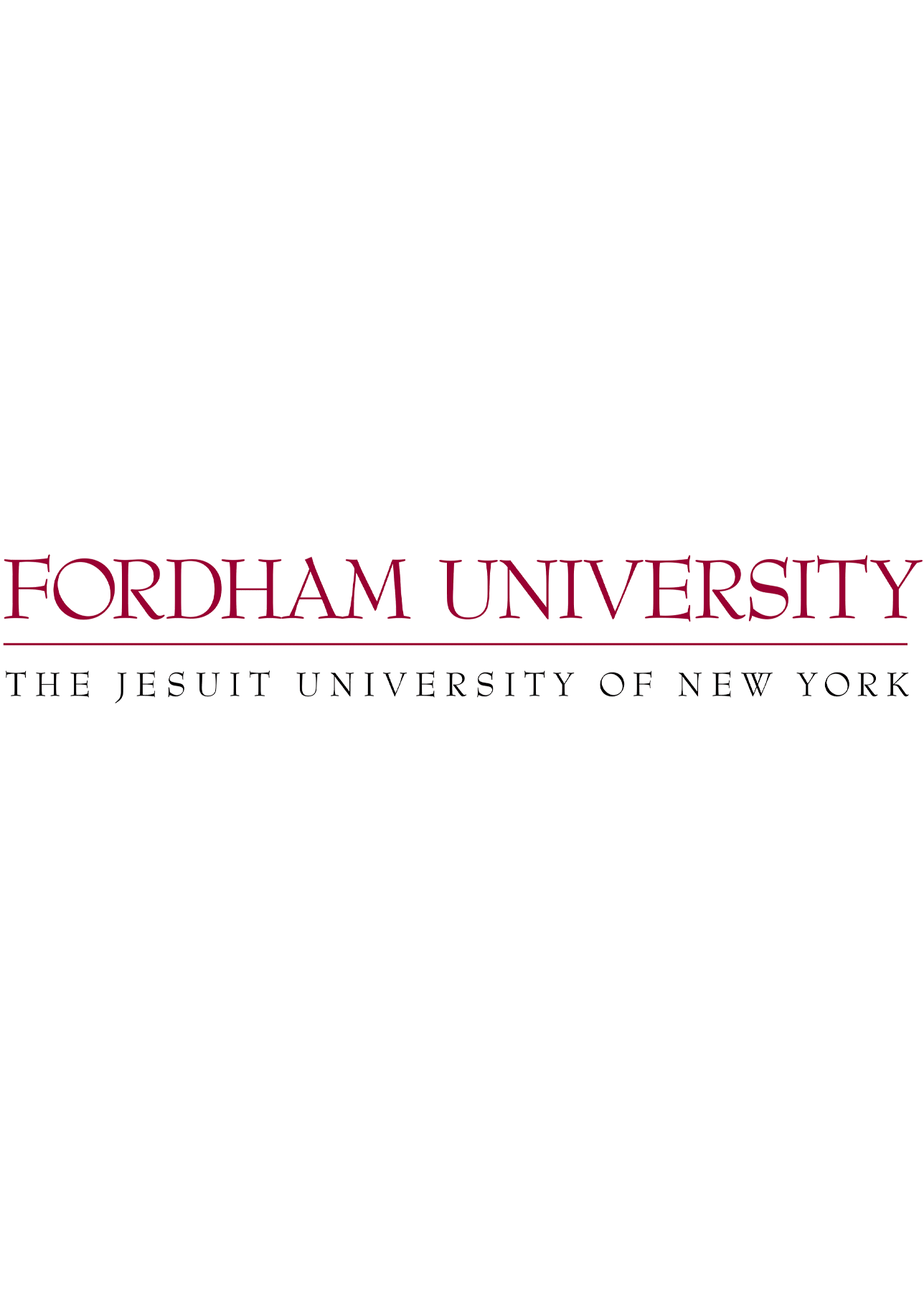
Fordham University
Intelligent Score: 92.87In-state: $54,730
Out-of-state: $54,730
In-state: $23,112
Out-of-state: $23,112
SAT: 1230-1410
ACT: 27-32
$2,032
On-Campus
Association to Advance Collegiate Schools of Business
60
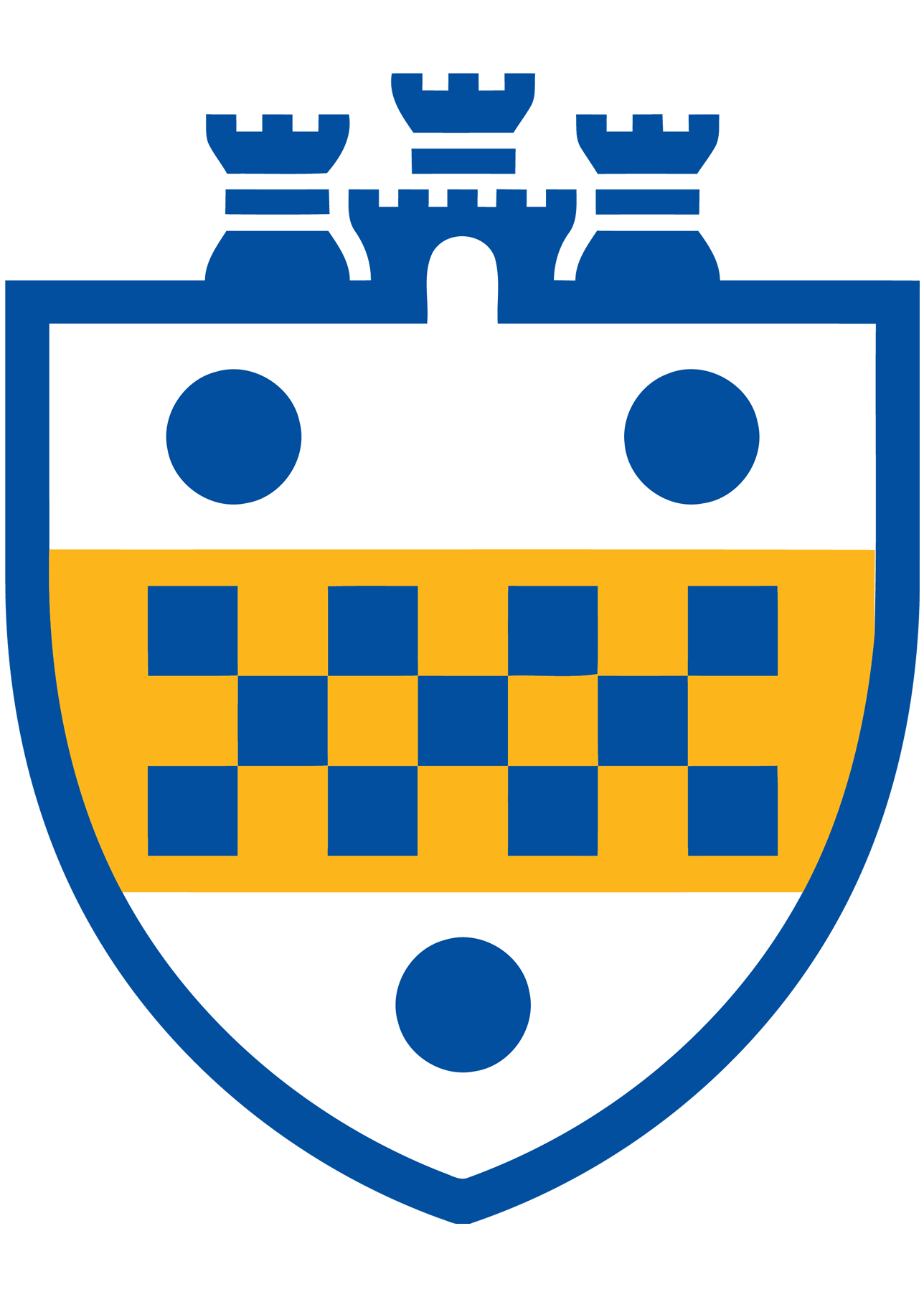
University of Pittsburgh
Intelligent Score: 92.67In-state: $18,628
Out-of-state: $32,656
In-state: $23,530
Out-of-state: $23,530
SAT: 1243-1420
ACT: 28-32
$1,062 - $1,770
On-Campus, Online
Association to Advance Collegiate Schools of Business
51-57
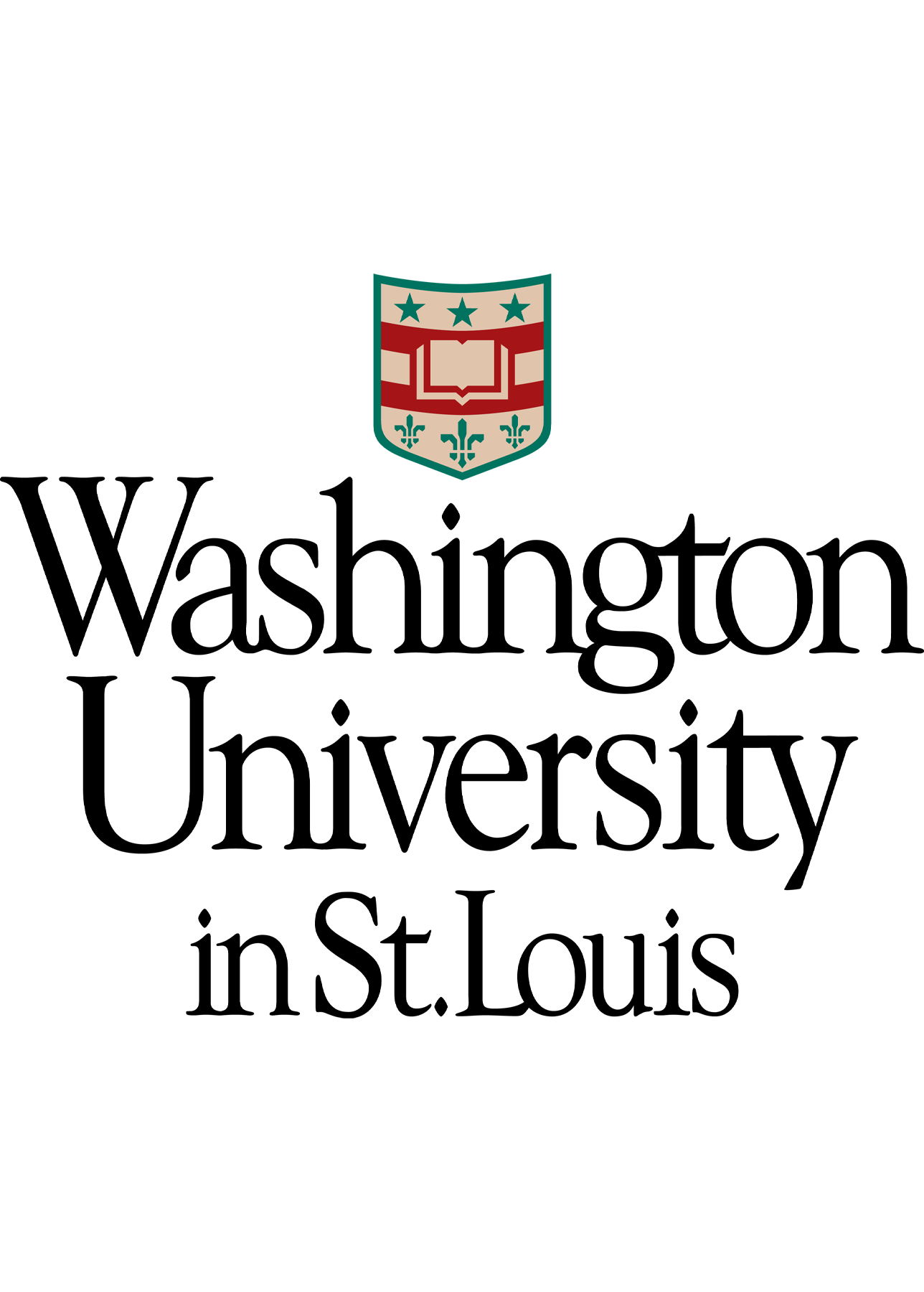
Washington University in St. Louis
Intelligent Score: 91.94In-state: $56,300
Out-of-state: $56,300
In-state: $56,300
Out-of-state: $56,300
SAT: 1480-1560
ACT: 33-35
$1,650
On-Campus, Online
Association to Advance Collegiate Schools of Business
67-76
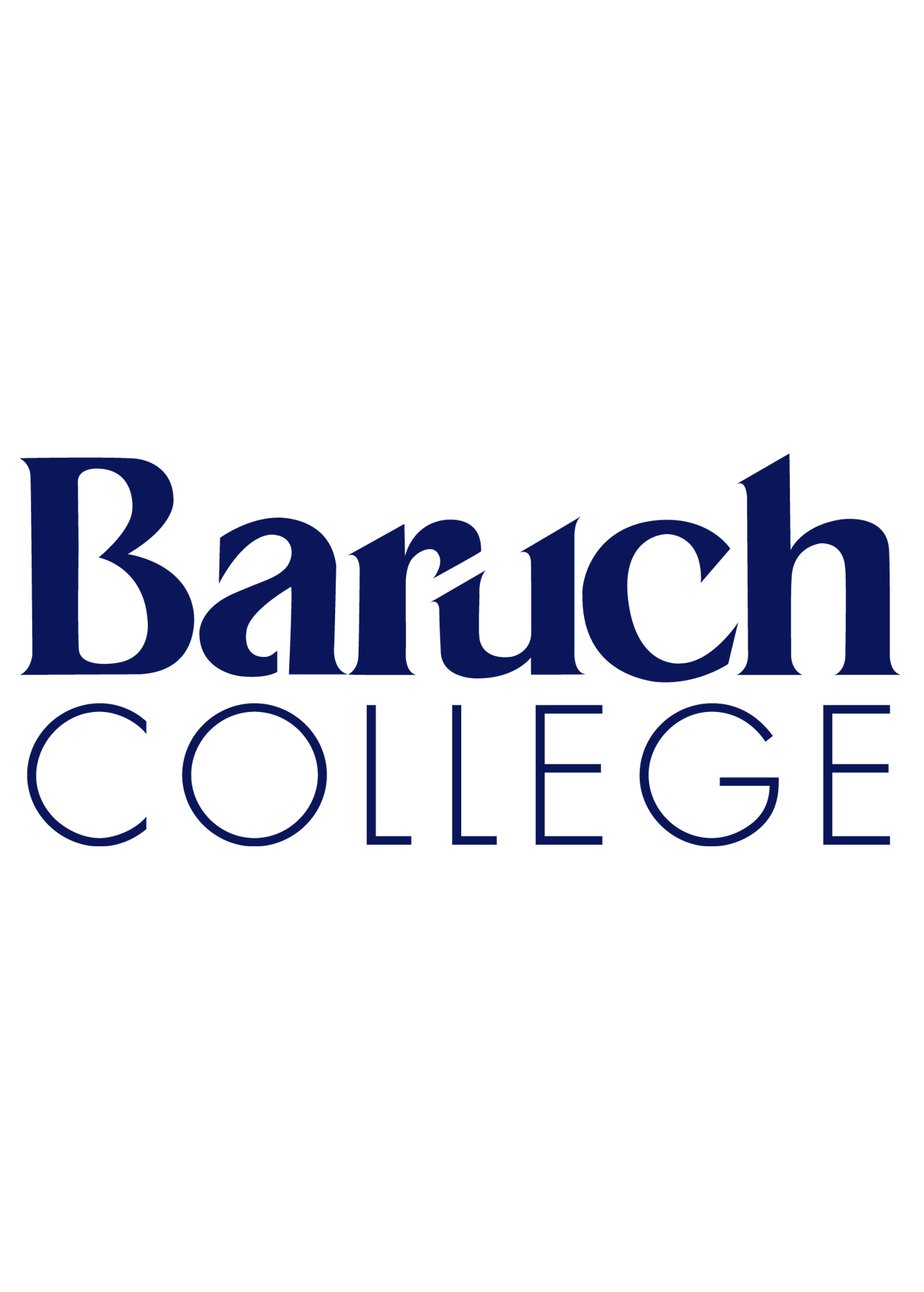
Baruch College
Intelligent Score: 91.68In-state: $6,930
Out-of-state: $14,880
In-state: $11,090
Out-of-state: $11,090
SAT: 1170-1360
ACT: 26-30
Resident: $725
Non-Resident: $1,110
On-Campus
Association to Advance Collegiate Schools of Business
48
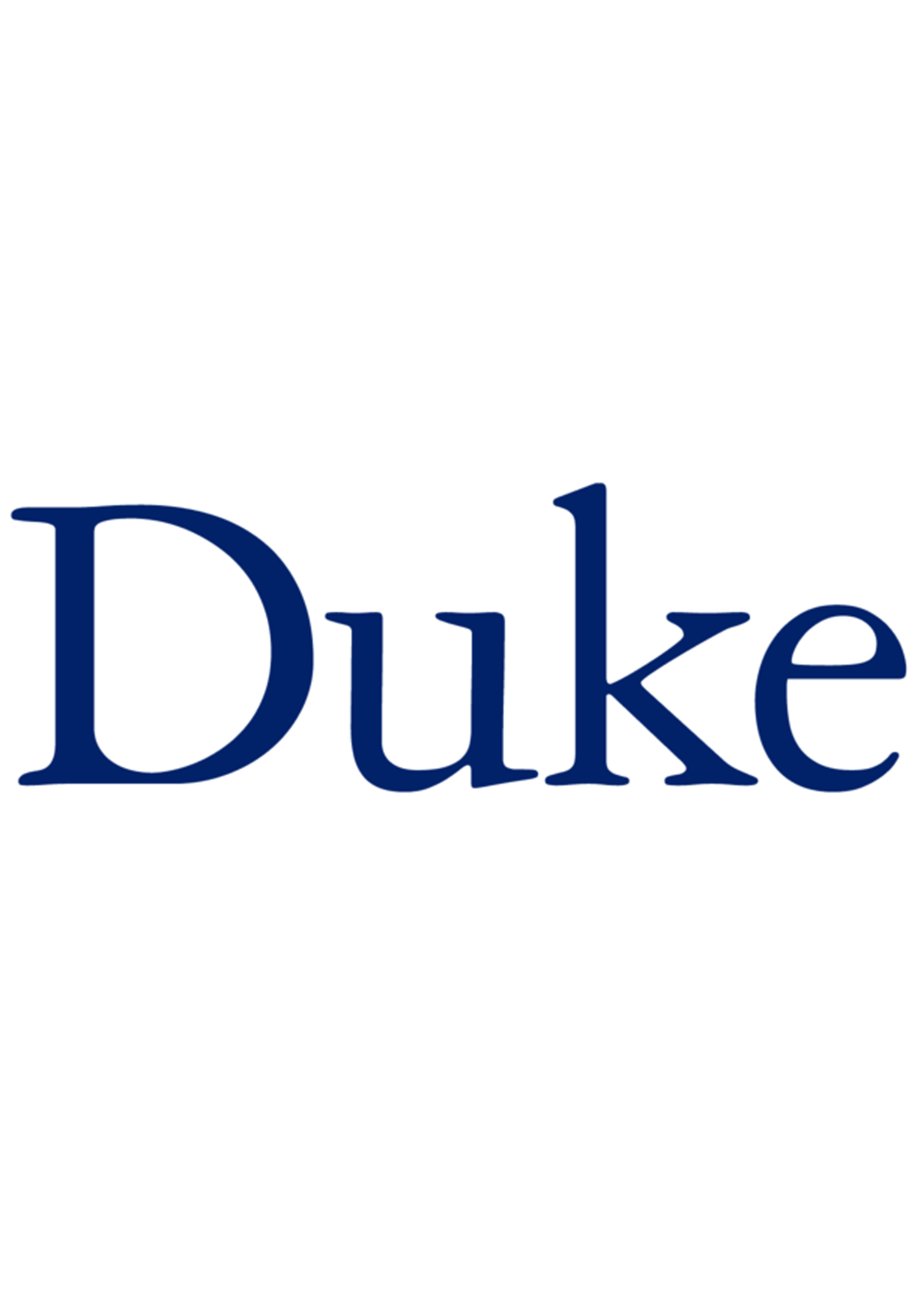
Duke University
Intelligent Score: 91.67In-state: $55,880
Out-of-state: $55,880
In-state: $57,900
Out-of-state: $57,900
SAT: 1470-1570
ACT: 34-35
$1,211
On-Campus
Association to Advance Collegiate Schools of Business
79
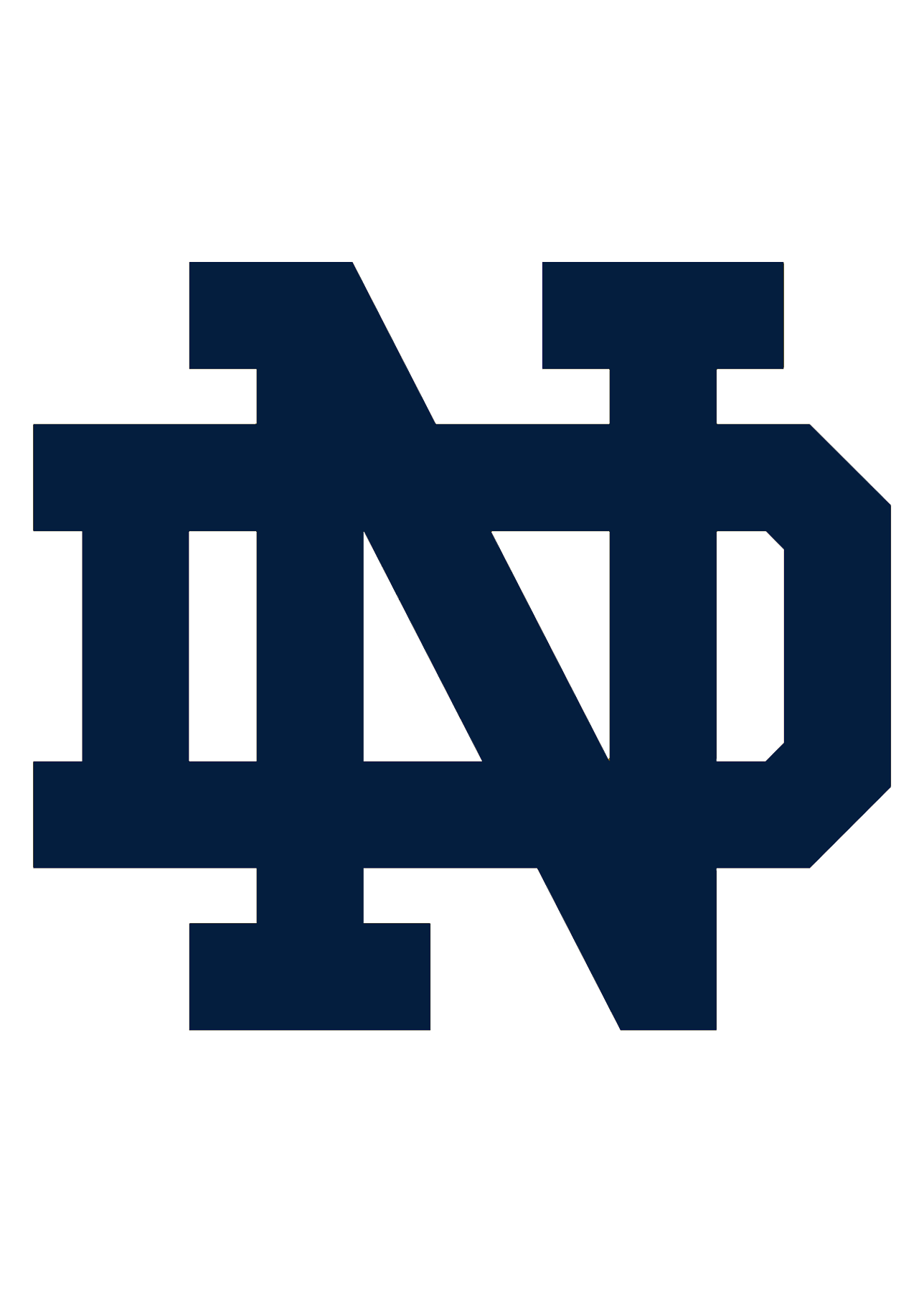
University of Notre Dame
Intelligent Score: 90.4In-state: $57,192
Out-of-state: $57,192
In-state: $57,050
Out-of-state: $57,050
SAT: 1400-1550
ACT: 32-35
$1,982 - $3,182
On-Campus
Association to Advance Collegiate Schools of Business
64

University of Wisconsin-Madison
Intelligent Score: 90.38In-state: $9,273
Out-of-state: $37,161
In-state: $10,728
Out-of-state: $10,728
SAT: 1260-1460
ACT: 27-32
$1,700
On-Campus, Hybrid
Association to Advance Collegiate Schools of Business
44

University of California, Irvine
Intelligent Score: 88.9In-state: $11,442
Out-of-state: $41,196
In-state: $11,442
Out-of-state: $11,442
SAT: 1310-1530
ACT: 30-35
$2,079
On-Campus
Association to Advance Collegiate Schools of Business
76

GW School of Business
Intelligent Score: 88.44In-state: $55,961
Out-of-state: $55,961
In-state: $31,770
Out-of-state: $31,770
SAT: 1270-1450
ACT: 30-33
$2,134 - $2,215
On-Campus
Association to Advance Collegiate Schools of Business
46.5

University of Denver
Intelligent Score: 87.92In-state: $52,596
Out-of-state: $52,596
In-state: $52,596
Out-of-state: $52,596
SAT: 1170-1360
ACT: 26-31
$1,660
On-Campus
Association to Advance Collegiate Schools of Business
60
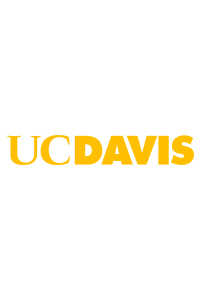
University of California, Davis
Intelligent Score: 87.65In-state: $38,556
Out-of-state: $68,628
In-state: $45,544
Out-of-state: $45,544
SAT: 1150-1410
ACT: 24 - 31
$1,425
On-Campus
Association to Advance Collegiate Schools of Business
72

Stanford University
Intelligent Score: 82.47In-state: $55,473
Out-of-state: $55,473
In-state: $54,315
Out-of-state: $54,315
SAT: 1420-1570
ACT: 31-35
$1,774
On-Campus
Association to Advance Collegiate Schools of Business
60-90

Baylor University
Intelligent Score: 82.31In-state: $44,544
Out-of-state: $44,544
In-state: $33,408
Out-of-state: $33,408
SAT: N/A
ACT: N/A
$1,714
On-Campus
Association to Advance Collegiate Schools of Business
53-54

Harvard Business School
Intelligent Score: 82.09In-state: $49,653
Out-of-state: $49,653
In-state: $49,448
Out-of-state: $49,448
SAT: 1460-1580
ACT: 33-35
$1,896
On-Campus
Association to Advance Collegiate Schools of Business
79
How to Choose an MBA (No GMAT) Program
Choose your area of study
MBAs are highly versatile degrees that cater to a diverse student body and give students many specialization options. Therefore, before you begin researching programs, it’s helpful to establish some parameters for what you’re seeking.
Students have the option to pursue a general MBA that covers a broad range of business-related topics or choose a concentration in a specific area of business, such as finance, information technology, human resources, project management, or entrepreneurship. Think about what your long-term career goals are and determine if an MBA with a concentration will help you prepare for the type of employment you desire.
It’s also helpful to consider what type of MBA program is appropriate for your educational and professional background. Some MBA programs, known as executive MBAs, require that students have an undergraduate degree in business or a related field as well as several years of professional experience. Others are open to students from all educational backgrounds and cover both foundational and advanced business topics.
You may also want to consider other types of master’s degrees in business or related areas, such as a Master of Science (MS) in management or a Master of Finance (M.Fin). These degrees cover similar topics but have a different pedagogical approach than an MBA.
This is also an appropriate time to consider your logistical needs, including budget and schedule. Determine whether you’re able to accommodate daytime classes in your schedule or if you’ll need a program with classes that meet in the evenings or on weekends. If fitting in-person classes is challenging due to work or family responsibilities, you can also explore online MBA (no GMAT) programs.
Research schools and programs
Knowing what you’re looking for in an MBA (no GMAT) program can help you narrow your search from the many options available.
Most students start their research by visiting the school’s website, where they can find information about the curriculum, admissions requirements, faculty, and tuition costs. Attending open houses or information sessions can also be a good way to gather more information about programs and determine if they’re a good fit.
Some questions you may want to ask when conducting your research include:
- What is the curriculum, and does it align with my interests and goals?
- Who are the faculty members, and what are their qualifications?
- What networking and mentorship opportunities are available?
- Is there an internship or other experiential learning component?
- What support services does the school offer to students?
- What scholarship and financial aid opportunities are available?
- What type of accreditation does the institution and program have?
Accreditation is important because it can affect students’ financial aid eligibility, employment options, and future educational opportunities. Schools in the U.S. can be regionally or nationally accredited, with regional accreditation being the more widely recognized accreditation status. MBA programs can also have programmatic accreditation through agencies like the Association to Advance Collegiate Schools of Business (AACSB) or the Accreditation Council for Business Schools and Programs (ACBSP). Students can verify institutional and programmatic accreditation through the Council for Higher Education Accreditation’s database.
Prepare for tests and applications
Even if the MBA programs you’re applying to don’t require the GMAT or the GRE, another common standardized test for graduate programs, there are still several application materials you must submit. Specific requirements for MBA admissions vary by school, so be sure to consult with admissions counselors from the schools you’re applying to before beginning your application.
In general, applications for MBA programs require the following:
- Completed application and required fees
- Official transcripts from all undergraduate institutions attended
- Letter(s) of recommendation
- Resume or CV
- Personal statement
Because of the lack of a GMAT requirement, schools typically give more weight to your undergraduate academic record, work history, and personal statement. They may also require an interview to help determine if you’re a good fit for the program.
Select your program
Once you have a shortlist of MBA programs, determine how many you want to apply to. Admission to MBA programs can be competitive, so you may want to apply to multiple programs to increase your odds of admission. However, your priorities and interests should be the main guide to how many applications you submit. If you apply to and are accepted by multiple MBA programs, return to the list of parameters you made in step one and compare programs based on these factors to decide which one is best for you.
Determine how you’ll pay for your degree
As you research programs, you should collect information about tuition and available financial aid resources at the schools you’re considering. If necessary, speak to a financial aid counselor to get clarity on costs and financial aid.
If you plan on working while earning an MBA, consult with your employer about tuition assistance benefits. Because an MBA gives students so many in-demand skills, many employers are willing to help students financially with obtaining this degree.
In order to access federal student aid, such as student loans and grants, you must submit the Free Application for Federal Student Aid (FAFSA). Colleges use the information from this application to determine eligibility for federal and institutional need-based aid. Graduate students are eligible for Direct Unsubsidized Loans and Direct PLUS Loans through the U.S. Department of Education. Many external organizations, including professional associations, nonprofits, and community and religious groups, also award scholarships and grants.
What Can You Expect From an MBA (No GMAT) Degree Program?
The curriculums for MBA programs are similar regardless of whether they require GMAT scores as part of the admissions process. The number of required credits typically ranges from 36-60, which translates to 1-2 years of full-time study or 2-3 years of part-time study.
Most programs feature a core curriculum of general business-related courses in areas like management, leadership, business ethics and law, financial accounting, and communication. After completing these courses, students can choose electives or a specialization that allows them to focus on an area of interest, such as marketing, finance, entrepreneurship, or human resources.
Internships or other experiential learning requirements are common in MBA programs, and they give students an opportunity to apply the knowledge they learn in classes in a real-world setting. Some MBA programs also require a thesis or capstone project to round out the program.
Potential courses you’ll take in an MBA degree (no GMAT) program
- Business Strategy: Introduces students to principles and conceptual frameworks for evaluating and formulating business strategy, including analysis of industry economics, strategic positioning and competitive advantage, and the role of resources and capabilities in shaping and sustaining competitive advantages.
- Leadership Communication: Introduces students to the foundations of effective management communication by covering ways to communicate clearly, strategically, persuasively, and collaboratively in professional settings.
- Managerial Economics: Examines market behavior and focuses on the actions and reactions of businesses and consumers in various market environments. Topics include supply and demand analysis, production and pricing decisions, and market equilibrium.
- Leadership, Ethics, and Organizations: Focuses on the principles that leaders use to analyze and improve performance in organizations and the ways leaders can contribute to their firms to inspire respect and attention.
MBA (No GMAT) Degree Frequently Asked Questions
How do I apply to an MBA (no GMAT) degree program?
To apply to an MBA (no GMAT) degree program, you’ll most likely submit an online application and send other supporting materials (transcripts, letters of recommendation, personal statement) electronically through an admissions portal. Contact the school’s admissions office if you have questions about the required application materials and how to submit them.
Admission to many MBA programs is competitive, so you must be mindful of application deadlines and start terms. Some programs only admit new students once or twice per year, and missing deadlines can impact your ability to start when you want.
Also, pay attention to eligibility criteria. Some programs are open to all students, regardless of their undergraduate area of study and professional background. Others require students to have a bachelor’s degree in business or a related field and a certain amount of business experience. They may also have a minimum undergraduate GPA requirement.
How much does an MBA (no GMAT) degree cost?
The cost of an MBA degree varies by school and student circumstances. For example, tuition varies based on whether a school is public or private. According to the Education Data Initiative, an MBA at Binghamton University, a public school, costs $34,940, compared to $112,760 at Harvard University, a private school. However, students should keep in mind that public institutions typically charge higher tuition for students who are considered out-of-state because they’re not permanent residents of the state where the school is located.
The amount of financial aid a student receives will also impact the overall cost of the MBA program. Scholarships, grants, and tuition assistance can lower the cost significantly.
For the most accurate information about the cost of an MBA, students should speak to a financial aid counselor at their chosen school.
How long does it take to earn an MBA (no GMAT) degree?
The total number of required credits and the student’s enrollment status will determine how long it takes to complete an MBA degree. Most MBA programs require 36-60 credits. Programs with fewer credits can typically be completed in 12-18 months, while programs with more credits can take 2-3 years to complete. Part-time students will take longer to progress through their program because they complete fewer courses each term.
Students who transfer previously earned credits from another MBA or graduate program can complete their MBA faster than those who start from scratch. There are also many MBA programs that grant students credit or waive certain requirements if they have applicable work experience. On the other hand, students without a business background may need to complete prerequisite coursework, adding time to their program.
